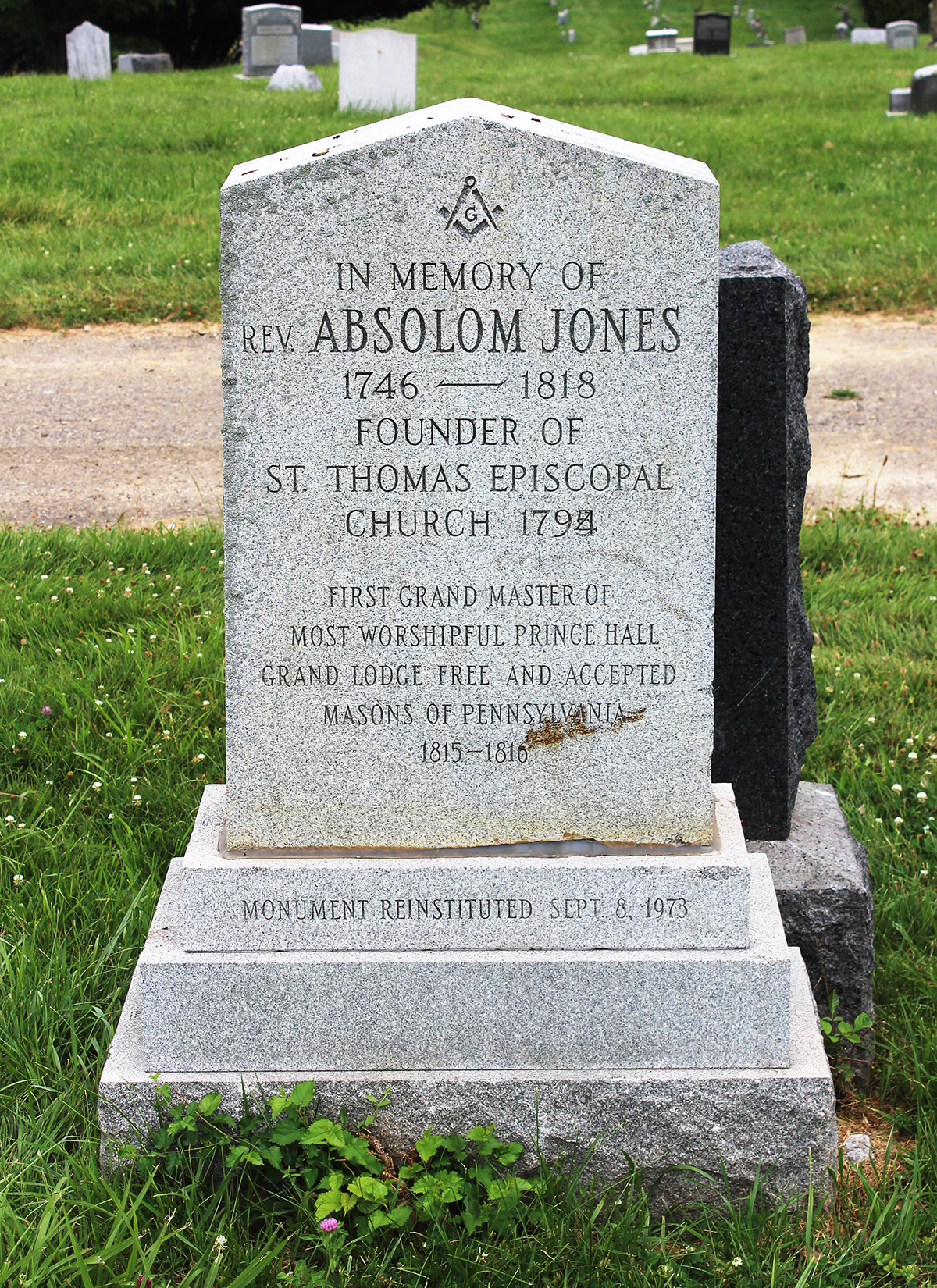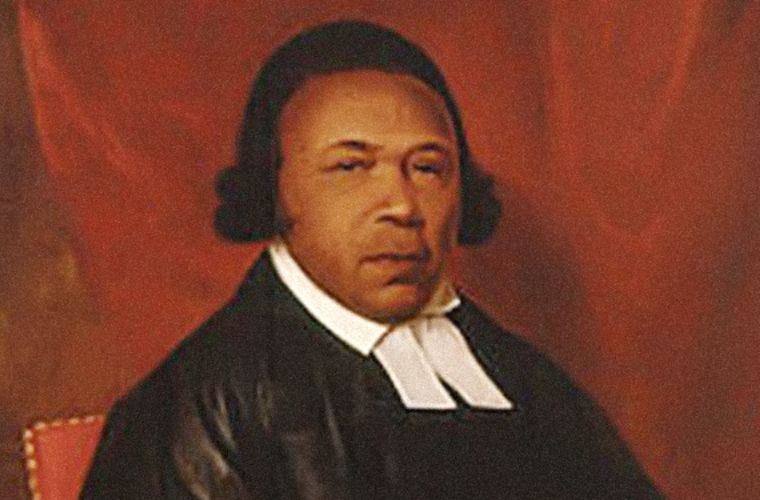Absalom Jones was an important figure in African-American history and a prominent religious leader. He is known for his contributions to the African Methodist Episcopal (AME) Church and his advocacy for the rights of African Americans. Born into slavery in Delaware around 1746, Jones eventually gained his freedom and moved to Philadelphia. In the late 18th century, he became an active member of the Free African Society, an organization dedicated to supporting and empowering African Americans.
In 1787, Jones and Richard Allen, another influential African-American leader, founded the Free African Society’s first African church in Philadelphia, which later became known as the African Episcopal Church of St. Thomas. Jones was ordained as a priest in the Episcopal Church in 1802, becoming the first African American to receive such an ordination.

Jones’s commitment to justice and equality led him to play a pivotal role in the struggle against racial discrimination. In 1794, he wrote and published a pamphlet titled “A Narrative of the Proceedings of the Black People during the Late Awful Calamity in Philadelphia,” which documented the response of the African American community during the Yellow Fever epidemic. The pamphlet countered the prevailing narrative that African Americans were inferior and highlighted their contributions to society.
In 1816, when controversy over racial discrimination arose within the Methodist Episcopal Church, Jones, and Allen were instrumental in organizing a separate denomination for African Americans. This resulted in the formation of the African Methodist Episcopal Church, with Richard Allen serving as its first bishop and Absalom Jones as its first bishop in the Diocese of Pennsylvania.
Absalom Jones passed away on February 13, 1818, leaving a lasting legacy as a religious leader, abolitionist, and advocate for African American rights. His contributions to the AME Church and his efforts to combat racial injustice continue to inspire and guide generations of African Americans and those working toward equality and justice.

